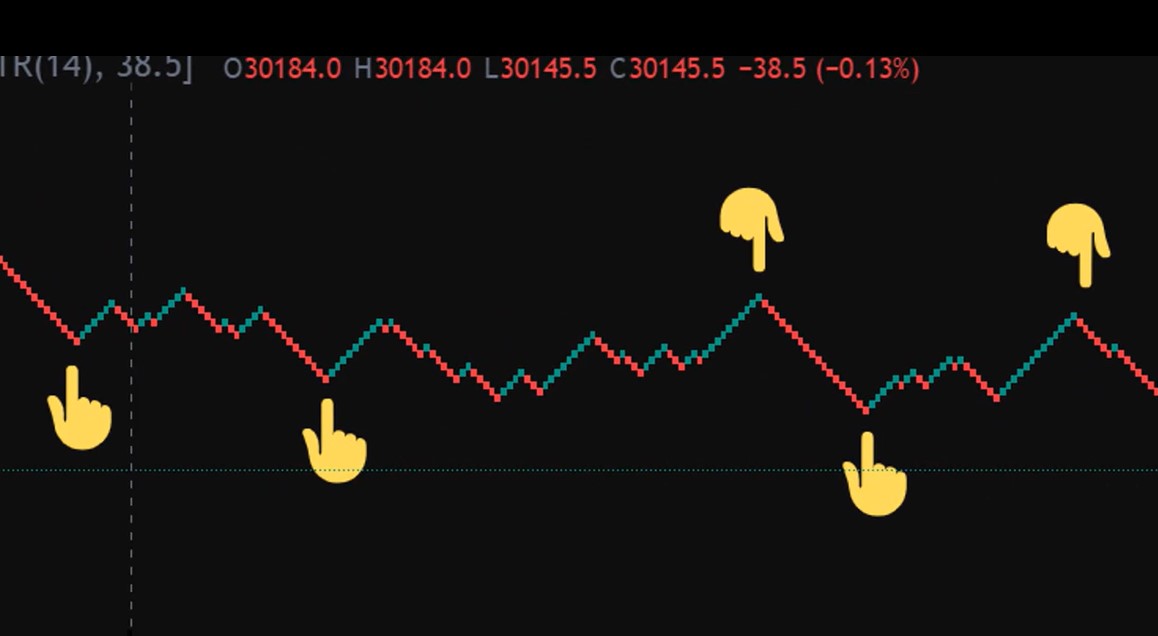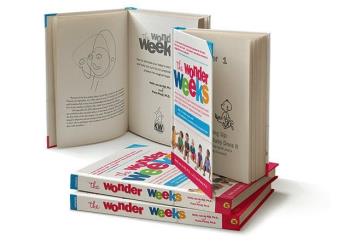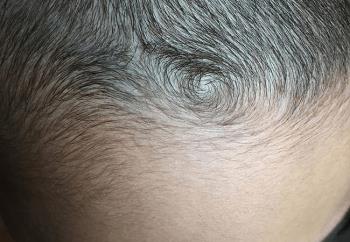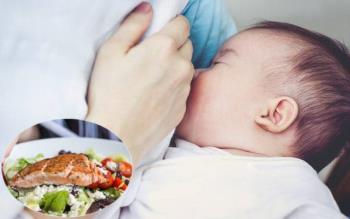A newborn's weight is the first factor to be noted shortly after birth. This weight becomes the primary reference point for monitoring the child's physical development in the future. Recently, a study showed that birth weight is also related to the intelligence of the baby. Results show that low birth weight babies are less intelligent as they reach adulthood. Is this right?
Low birth weight babies will have lower intelligence scores as adults
This is a new research result from Denmark. Researchers found that there was a difference in IQ when comparing underweight babies and children of normal weight. Even babies of normal weight, the heavier babies still have a slightly higher IQ as they get older.

What does research on low birth weight infants reveal?
What do the research results show?
The researchers analyzed data from about 4,700 infants in Copenhagen. Between 1959 and 1961. Their birth records and scores from the IQ tests were when they were 19, 28 and 50 years old.
The babies were grouped by weight:
weighing less than 2.5 kg, or underweight
from 2.5 kg to 3 kg
weighing between 3 kg and 3.5 kg, is considered normal
from 3.5 kg to 4 kg
weighing more than 4 kg, or being overweight.
The research results were published in the Journal of Pediatrics show. Weight at birth has a deep connection to a child's intelligence.
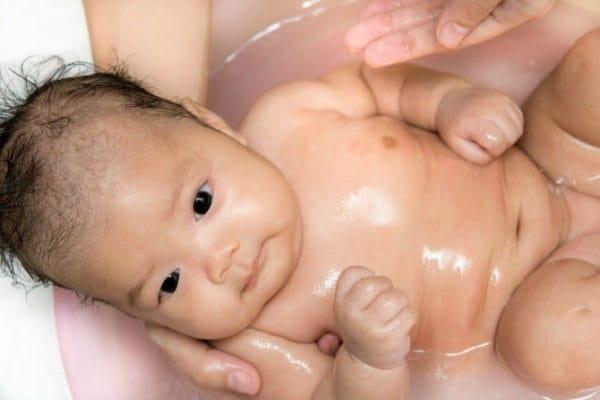
Will low birth weight babies have a lower IQ?
More research is still needed, the scientists said
However, according to the authors, weighing below average from birth is a good explanation for the link. That's because the same pattern is observed in babies born with healthy weights.
Furthermore, the above results cannot be verified, whether a below average birth weight directly leads to a lower IQ score.
The study also did not take into account other factors that could affect a child's intelligence, such as:
home environment
mother's stress level
parental intelligence.
All of these can affect the future infant's IQ score.
According to Dr. Susan Shenkin, a scientist from the University of Edinburgh, parents should not be too concerned about this research.
In fact, according to Shenkin, in the past, parents were not that important in prenatal care. This may affect the infant in the study as he grows up. These babies may develop differently than today's babies.
A baby's brain develops rapidly before a baby is born. So a lighter birth weight may reflect a poorer environment for brain development, says Shenkin. "We still cannot confirm that underweight children will have lower cognitive abilities or not."
How to take care of low birth weight babies
Moms, surely you will worry if your baby is born with a low weight. However, after the baby is born, the doctor will weigh the baby and advise the mother appropriately. If your baby is severely underweight, additional treatment may be recommended, including:
Take care of your baby in the Newborn Intensive Care Unit
Put your baby in bed with adjustable temperature
Special care methods. Such as through a tube that is connected directly to the baby's stomach (if the baby is unable to suck). Or by using an intravenous (IV) line.
If all goes well, your baby can be discharged. But how do you know you're on the right track? Here are some ways to care for a low birth weight baby.
Low-birth-weight infant tip # 1: How to feed your baby
Breastfeeding or formula? There are a few things you need to know about both when it comes to your baby's weight.
Formula fed babies are more likely to gain weight faster than breastfed babies. It even helps formula-fed babies gain too much weight. Formula milk is more concentrated than breast milk.
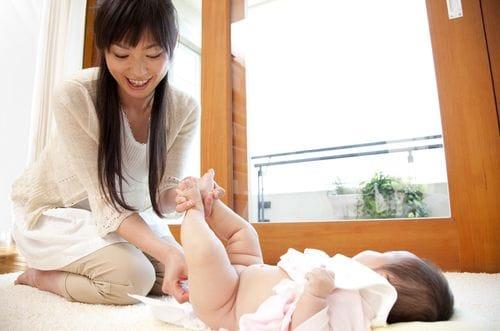
The secret to helping mothers take care of low birth weight babies
Low-birth-weight infant tip # 2: Check your baby's diaper regularly
Your baby will release mecon three days after birth. By day three or four, the stools should be soft and yellow (if breastfed) or darker and harder (formula-fed).
If you don't notice these changes, your baby may not be drinking enough milk.
Another sign that your baby is not getting enough. Usually, a two day old baby will pee two to three wet diapers a day. By the time you are seven days old, it takes about six to eight wet diapers.
If you are concerned because your baby has gotten the diaper wet enough, or if you find something is wrong with your baby's stools, consult your pediatrician immediately.
see more
What is the minimum weight newborn baby in a safe “healthy” zone?
The standard weight of the fetus - What should the mother do to meet the standards?
Because babies are born in a special way, mothers need to keep these 9 things in mind when taking care of premature babies
The latest table of Vietnamese children's weight standards for children aged 0-5 years old




